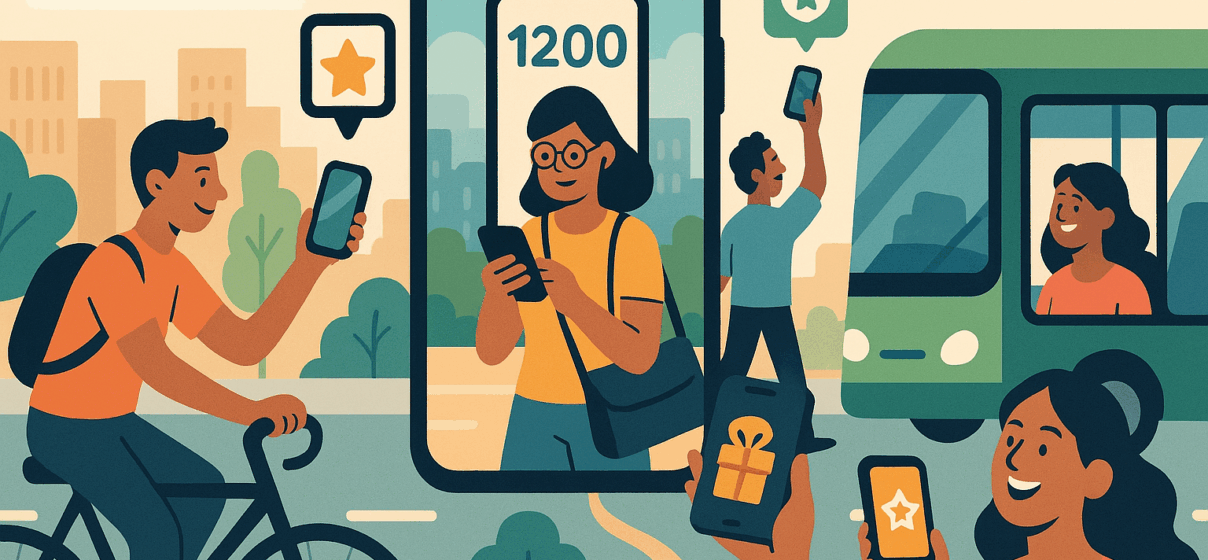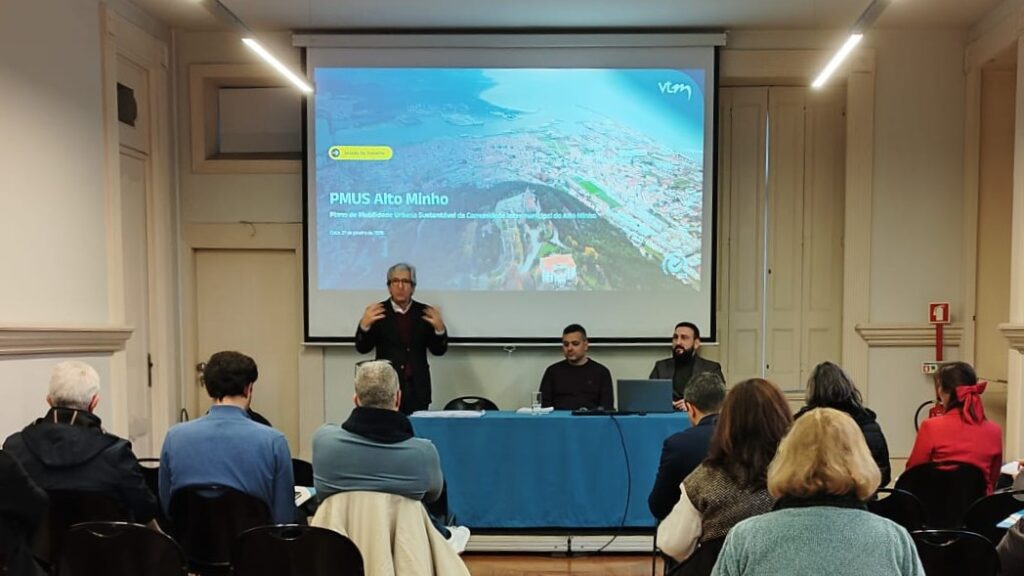Gamified Mobility: engaging sustainable transport through play

Urban transport planners and mobility specialists worldwide face an enduring challenge: how do you encourage sustainable travel behaviors among citizens without resorting solely to restrictive policies or heavy-handed measures? An innovative and increasingly appealing answer lies in “gamified mobility” – using game-design elements to transform the mundane into something engaging, rewarding, and social.
What is Gamified Mobility?
Gamified mobility applies the principles of games – such as points, rewards, badges, leaderboards, and challenges – to encourage individuals to adopt sustainable transportation habits. Whether it’s choosing to cycle, walk, or use public transportation, gamification motivates individuals by appealing to their sense of achievement, competition, and community belonging.
Why Gamified Mobility matters
Sustainable transport solutions require significant shifts in individual behaviour – often the most challenging aspect of urban transport policy. Gamification can lower the barrier to this shift, creating motivation through enjoyable, community-focused experiences rather than punitive or restrictive measures.
Real-world success stories
Bella Mossa – Bologna, Italy
In Bologna, the “Bella Mossa” (Good Job) program proved that gamification could significantly shift transport behaviors. Citizens earned points via an app for walking, cycling, carpooling, or taking public transport, redeemable for real-world rewards such as ice cream, beer, or cinema tickets. The initiative notably boosted sustainable commuting, logging tens of thousands of environmentally friendly journeys.
BetterPoints – United Kingdom
The UK’s BetterPoints platform successfully integrates gamification into corporate and public transport policy. Employees and residents earn points for sustainable commutes, which they exchange for retail vouchers, charity donations, or community benefits. Cities like Reading and Birmingham have embraced BetterPoints, observing substantial shifts toward active transportation.
What makes gamification effective?
1. Immediate Rewards: Instant feedback and tangible rewards increase user motivation.
2. Social Competition: Leaderboards and challenges foster community engagement and healthy competition.
3. Behavioral Insights: Data-driven platforms allow continuous improvement and personalization of incentives, optimizing effectiveness over time.
Future opportunities
The potential for gamified mobility is vast, particularly with growing smartphone use and ubiquitous data connectivity. Urban planners, transport authorities, and employers can leverage these tools not only to encourage greener travel but also to build stronger community engagement and foster a shared commitment to sustainability.
VTM and Gamified Mobility
Although gamified mobility is an emerging area for VTM, our team possesses extensive expertise in mobility behavior change, social innovation, and transport planning. We have a like-minded staff enthusiastic about exploring and developing tailored gamification strategies. VTM welcomes collaboration with municipalities, transit authorities, and private sector partners interested in harnessing gamification’s potential to drive sustainable transport solutions. Reach out to us – we’re ready to support your journey toward innovative, sustainable mobility.
Gamified mobility is not merely a trend but a transformative approach that addresses the human side of sustainable transportation. By embracing this innovative strategy, cities can pave the way toward more resilient, sustainable, and community-oriented transport futures.
Latest news
All news
Collaborative mobility planning takes a major step forward in Alto Minho
This week, Ponte de Lima hosted an important milestone for sustainable mobility in the Alto Minho region, with the working sessions of the 2nd-generation Sustainable Urban Mobility Plan of Alto Minho (SUMP Alto Minho), promoted by CIM Alto Minho. At VTM, we are proud to support CIM Alto Minho in the development of a new-generation […]

VTM welcomes Oriol Riba and Alessandra Bernardi
VTM is pleased to announce the addition of two highly experienced professionals, Oriol Riba and Alessandra Bernardi, further strengthening our capabilities across infrastructure advisory and transport modelling. Oriol Riba joins VTM as a Senior Associate Director with more than fourteen years of experience in the infrastructure sector, with a strong focus on transport and additional exposure to energy […]
